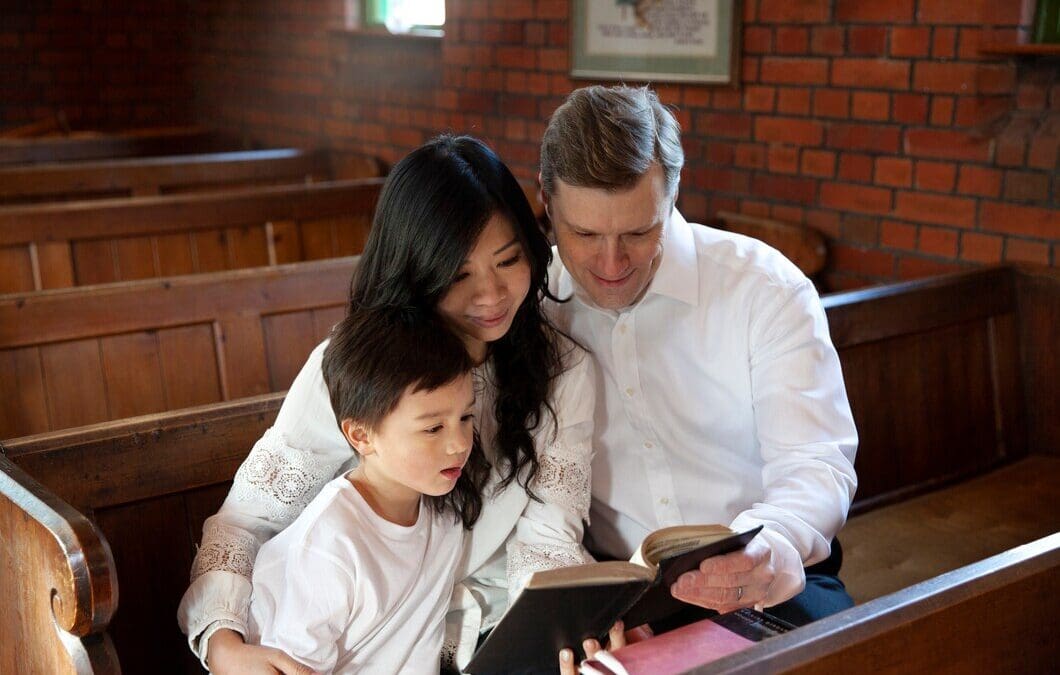Reaching people in your community is crucial for growing your church. Local SEO helps you do just that by making your church more visible online. When people search for churches in your area, good local SEO ensures that your church shows up in the results.
Optimizing your online presence can help new visitors find your church and stay connected with your congregation. By focusing on local SEO, you can make sure that your church appears in more local searches. This way, you can attract more people to your services and events.
In this guide, we will cover key practices to improve your church’s local SEO. From setting up your Google My Business listing to creating locally relevant content, these steps can help you connect with your community and grow your church.
Optimizing Your Google My Business Listing
Filling Out Complete and Accurate Information
Your Google My Business (GMB) listing is vital for local SEO. Start by claiming your GMB profile and filling out all the required fields. Include your church name, address, phone number, and website URL. Make sure all this information is accurate and up-to-date. This ensures people can contact you easily and helps Google show your listing in search results.
Don’t forget to choose a relevant category for your church and add service hours. List the times for worship services, community events, and office hours. More details make your listing more helpful for visitors and improve your chances of appearing in local searches.
Adding High-Quality Images and Videos
Adding high-quality images and videos to your GMB profile can make a big difference. Include pictures of your church building, inside spaces, and events. Show the welcoming environment your church offers. High-quality visual content attracts more clicks and makes your listing stand out.
Videos can also be a great addition. Upload short clips of past events, community activities, or worship services. Videos help people get a better idea of what to expect when they visit your church.
Building Local Citations and Listings
Ensuring NAP (Name, Address, Phone) Consistency
NAP consistency is crucial for local SEO. Make sure your church’s name, address, and phone number are the same across all online platforms. This includes your website, social media accounts, and local directories. Consistent information helps search engines trust your listings and improves your local search rankings.
Double-check that your NAP details are correct in your GMB profile, church website, and other online mentions. Even a small typo can affect your search engine ranking. Keep a spreadsheet with your NAP details to ensure consistency.
Listing on Local Directories and Church-Specific Sites
Getting listed on local directories can help boost your church’s SEO. Look for local business directories, community websites, and church-specific directories. Submit your church’s information, ensuring your NAP details match what’s on your other listings.
Besides general local directories, find church-specific listings. These sites often have sections for different denominations or regions, helping you reach people who are specifically looking for a church like yours. The more places your church information appears online, the higher your chance of connecting with local residents.
Encouraging Reviews and Managing Reputation
Asking Congregation Members for Reviews
Positive reviews can boost your church’s online presence. Ask congregation members to leave reviews on platforms like Google and Yelp. You can make this easy by providing direct links to your review pages.
Encourage members to mention specific things they love about your church, like community events or worship services. Personalized reviews give potential visitors a better idea of what to expect. Remind your congregation that their feedback helps attract new members and grow your church community.
Responding to Reviews and Managing Negative Feedback
Taking the time to respond to reviews shows you value feedback. Thank members for positive reviews and address any issues raised in negative ones. When replying to negative feedback, stay respectful and offer solutions.
A good response can turn a negative experience into a positive one. Regularly check your reviews to keep track of what people are saying. Managing your online reputation helps build trust and shows that your church cares about its community.
Creating Locally Relevant Content
Writing Blog Posts About Local Events and News
Writing blog posts about local events and news can engage your community. Share updates on upcoming church events, community activities, or local issues. This can help your church become a local information hub.
Use an informal tone that resonates with readers. Keep posts short and focused. Adding pictures or videos can also make your posts more engaging. Regularly updated content can improve your website’s SEO and keep visitors coming back for more information.
Using Local Keywords and Phrases in Your Content
Local keywords help people find your church when they search online. Use phrases like “church in [your town]” or “community events in [your town]” in your blog posts and web pages. These keywords improve your chances of appearing in local search results.
Mix local keywords naturally into your content so it flows well. Overuse of keywords can make your writing feel forced. Aim to provide valuable information while including keywords that your target audience might use.
Conclusion
Improving your church’s local SEO can have a big impact on its visibility in the community. By optimizing your Google My Business listing, building local citations, managing reviews, and creating local content, you make it easier for people to find your church. These steps help attract new visitors and keep your congregation connected.
If you need help with local church SEO and other digital marketing services, The Business Co-op is here for you. We specialize in helping churches enhance their online presence. Contact us to learn more about how we can support your church’s growth!

